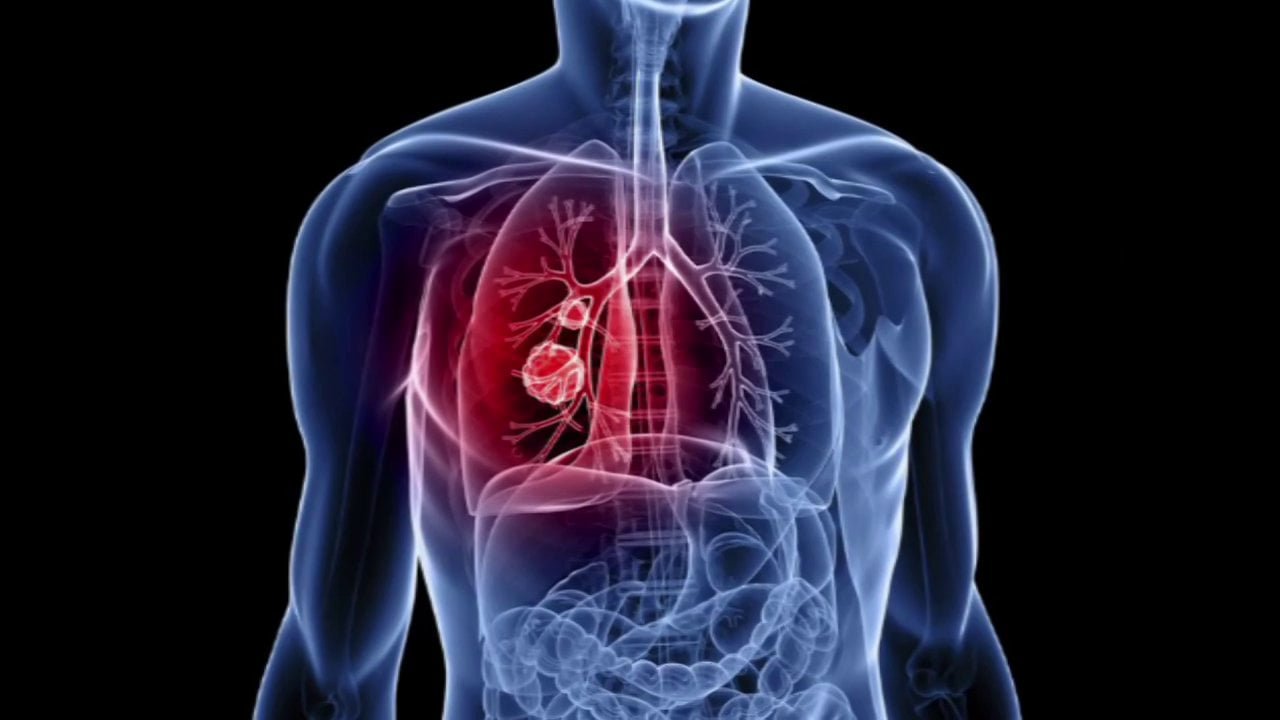
Singapore - Newly published research in the Journal of Molecular and Cellular Proteomics describes a collection of autoantibody biomarkers for early detection of lung cancer. The biomarkers were discovered using the HuProt human proteome microarray (CDI Laboratories), the largest collection of full-length human proteins in the world.
Lung cancer (along with tracheal and bronchial cancer) is the leading cause of cancer-related death world-wide with over 1.6 million succumbing annually (WHO; 2015). The development of diagnostic assays capable of detecting lung cancer in its earliest stages will be crucial for successful treatment of this disease. The study was led by Heng Zhu, Ph.D., professor of Pharmacology and Molecular Sciences at the Institute for Basic Biomedical Sciences and Jiang Qian, PhD., professor of ophthalmology at the Johns Hopkins Wilmer Eye Institute, both at the Johns Hopkins University School of Medicine and Professor Yi Huang at the Provincial Clinical College, Fujian Medical University, China. It is one of the largest and most diverse studies of its kind with 1,101 serum samples across nine disease groups and healthy controls.
Furthermore – with the use of HuProt human proteome microarrays – the study contains data from the most comprehensive proteome-wide surveys of its kind and probes for antibody biomarker candidates against over 20,000 human proteins. The set of biomarkers described demonstrated a 50% sensitivity and >90% specificity.
"This is another fine example of the power of autoantibodies as biomarkers," said Scott Paschke, CDI Vice President. "Global peripheral antibody profiling is proving to be a significant tool for the diagnosis and prognosis of some of the most devastating and prevalent diseases that affect us today. HuProt contains 81% of the human proteome, and today the platform is being utilized more than ever. It's certainly one of the more powerful tools for the discovery of autoantibody biomarkers, development of screening tests, and monitoring treatment efficacy available today."




